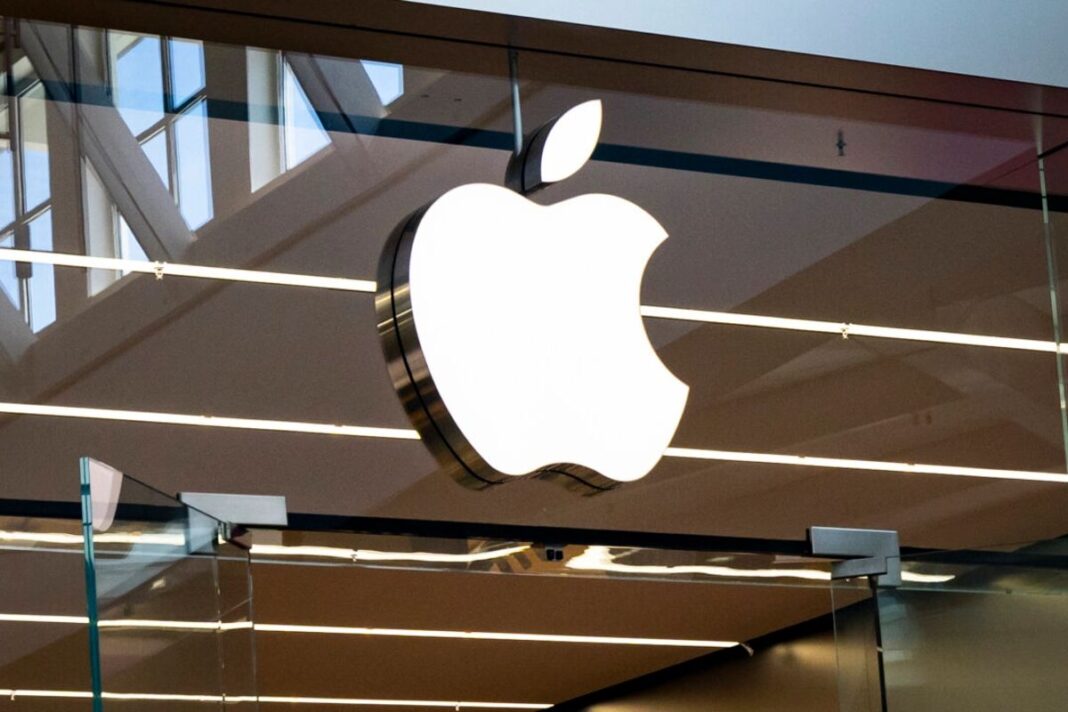The California-based tech giant said that the Digital Markets Act is leading to a worse experience for users of their products.
Apple urged the European Union on Sept. 24 to revise the bloc’s Digital Markets Act (DMA), saying the legislation is hindering its ability to serve customers.
The company said users in the EU are experiencing delays in new features and facing increased privacy and security risks as a result of the legislation.
“It’s been more than a year since the Digital Markets Act was implemented,” Apple said in a statement. “Over that time, it’s become clear that the DMA is leading to a worse experience for Apple users in the EU. It’s exposing them to new risks, and disrupting the simple, seamless way their Apple products work together. And as new technologies come out, our European users’ Apple products will only fall further behind.”
Apple submitted its comments as the European Commission reviews the law, the first time it has been assessed for its effectiveness. The commission, which acts as the 27-nation bloc’s executive branch, invited stakeholder feedback until Sept. 24 to help with the assessment.
According to the EU, the DMA is focused on ensuring fair and open digital markets, whether they are established within or outside the EU, regulating the gatekeeping power of the largest digital companies.
Companies can be fined by up to 10 percent of their annual worldwide revenue for a first offense and up to 20 percent for repeat violations
Apple called on the commission to reassess how the law was affecting EU citizens who use the company’s devices and services, saying it will continue to work to bring new features to market while still meeting the legal requirements placed upon it.
Among the issues the Cupertino tech giant said the DMA had thrown up was the forced postponement of several features within the bloc, including iPhone Mirroring to Mac and Live Translation with AirPods.
Apple also said location-based features in Apple Maps had to be delayed in the EU because the DMA requires certain features to work with non-Apple products and third-party developers before they are put on the market.
The company added that it has still not found a way to comply with the act’s requirements without compromising user data, and that its proposed safeguards had been rejected by the commission.
“It’s become clear that we can’t solve every problem the DMA creates,” Apple said. “Over time, it’s become clear that the DMA isn’t helping markets. It’s making it harder to do business in Europe.”
By Guy Birchall








